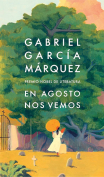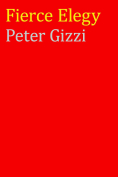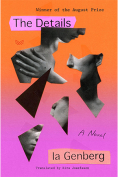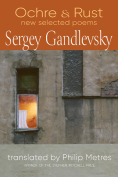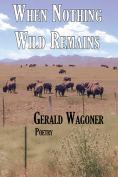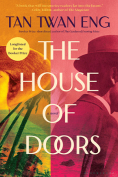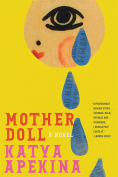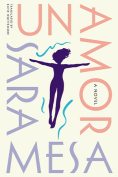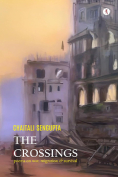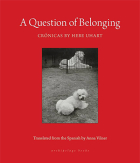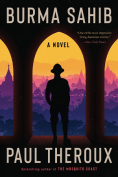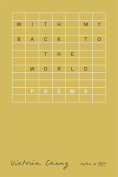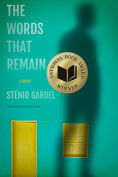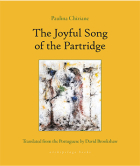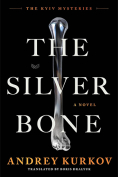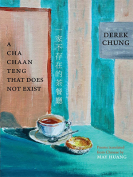Wound by Oksana Vasyakina
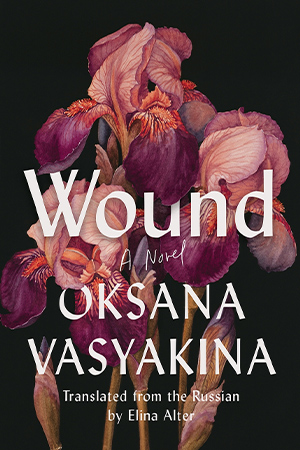 New York. Catapult. 2023. 240 pages.
New York. Catapult. 2023. 240 pages.
This autobiographical Russian novel received the NOS Prize in 2021. The wounds referred to in the title are several—her mother’s breast removed for cancer, the narrator’s fractured relationship with her mother, her estrangement from the mainstream of Russian life due to her lesbianism, the rejection of her body due to shame about her sexuality. Oksana Vasyakina’s poetic response to these losses forms the substance of this novel that recounts a journey from Moscow to Siberia to inter her mother’s ashes next to her relatives.
The trip demonstrates the difficulty of performing even the simplest tasks in Russia due to bureaucratic red tape. At every stage the narrator must produce endless documentation to allow her to continue. The objections range from officials’ refusal to bring human remains onto an airplane and questions about the validity of her purpose itself to suspicion of her motivation in undertaking this homage to her mother’s last wishes.
The narrator, a professor of poetry and women’s studies, uses the obstacles as a way of illustrating a woman’s response to the patriarchal structures of contemporary Russian society. “It torments me, as though there were an additional organ within my body, like an extra interior skin, a skin beneath the skin. It keeps trying to tear its way out, and turn the entire world into my wound.” Her mother’s personal history mixes with the memoirs of other women she has read, a way of regaining lost time but with the danger of reliving interior time as an endless loop from which she cannot escape.
Her mother taught her that everything must be put to use. Her mother’s gold, her mother’s ashes inside a cold little capsule, all must be preserved and memorialized. She fixates on the pouch of ashes, fearful that it will be lost before she has a chance to bury it. The actual ritual of burial is anticlimactic, half an hour that is soon over. Yet it carries with it a flood of memories that make her mother’s life, with all its losses, palpable and understandable.
Elizabeth Fifer
Center Valley, Pennsylvania

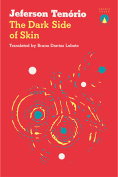
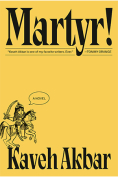
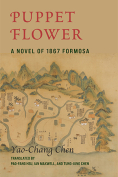
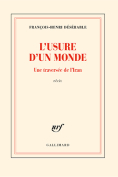
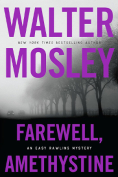
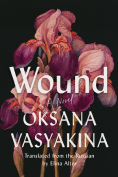
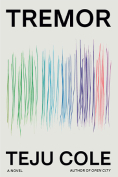
![The cover to [...] by Fady Joudah](/sites/worldliteraturetoday.org/files/styles/backissue_small/public/Joudah.jpg?itok=HZO1_68A)
